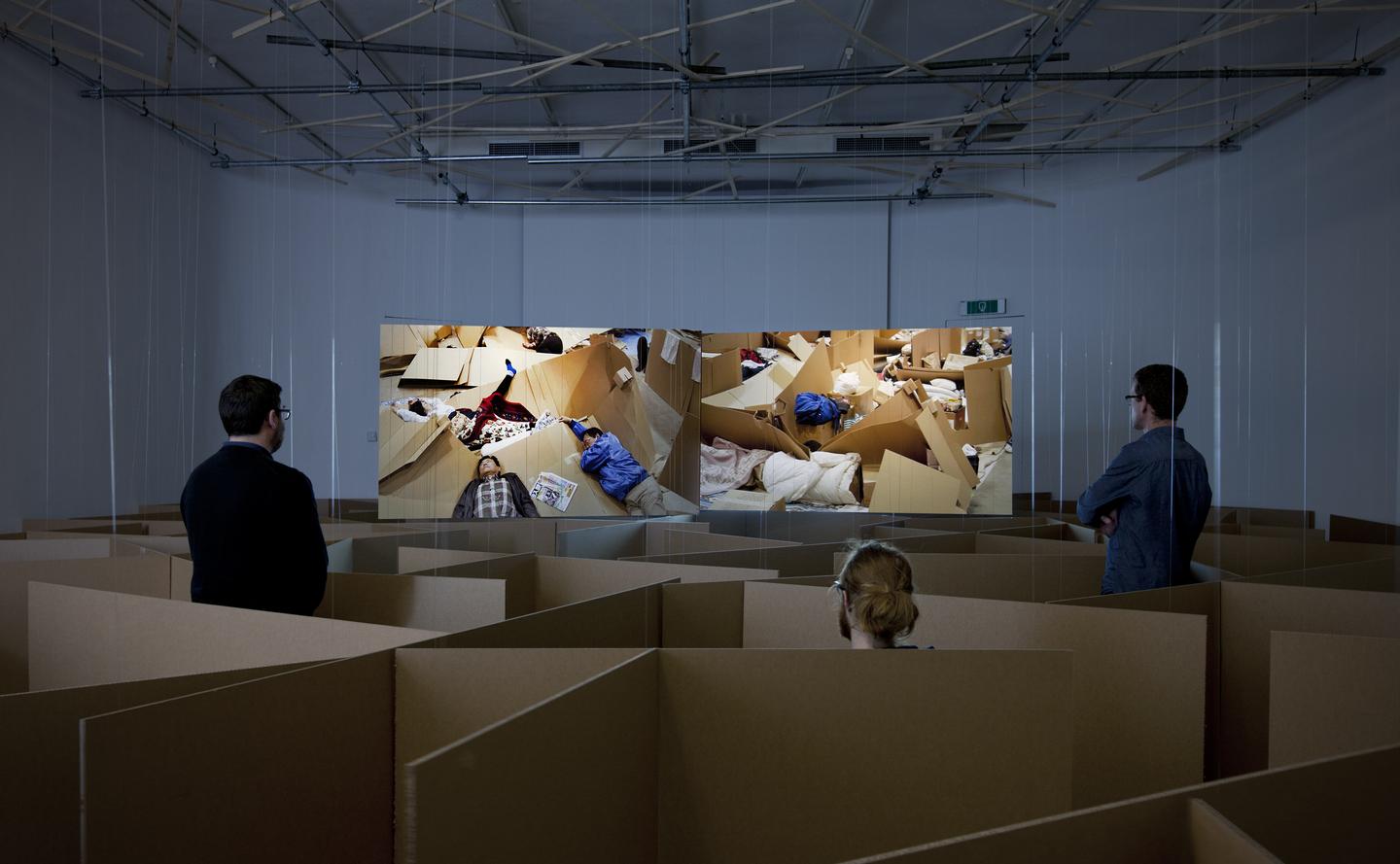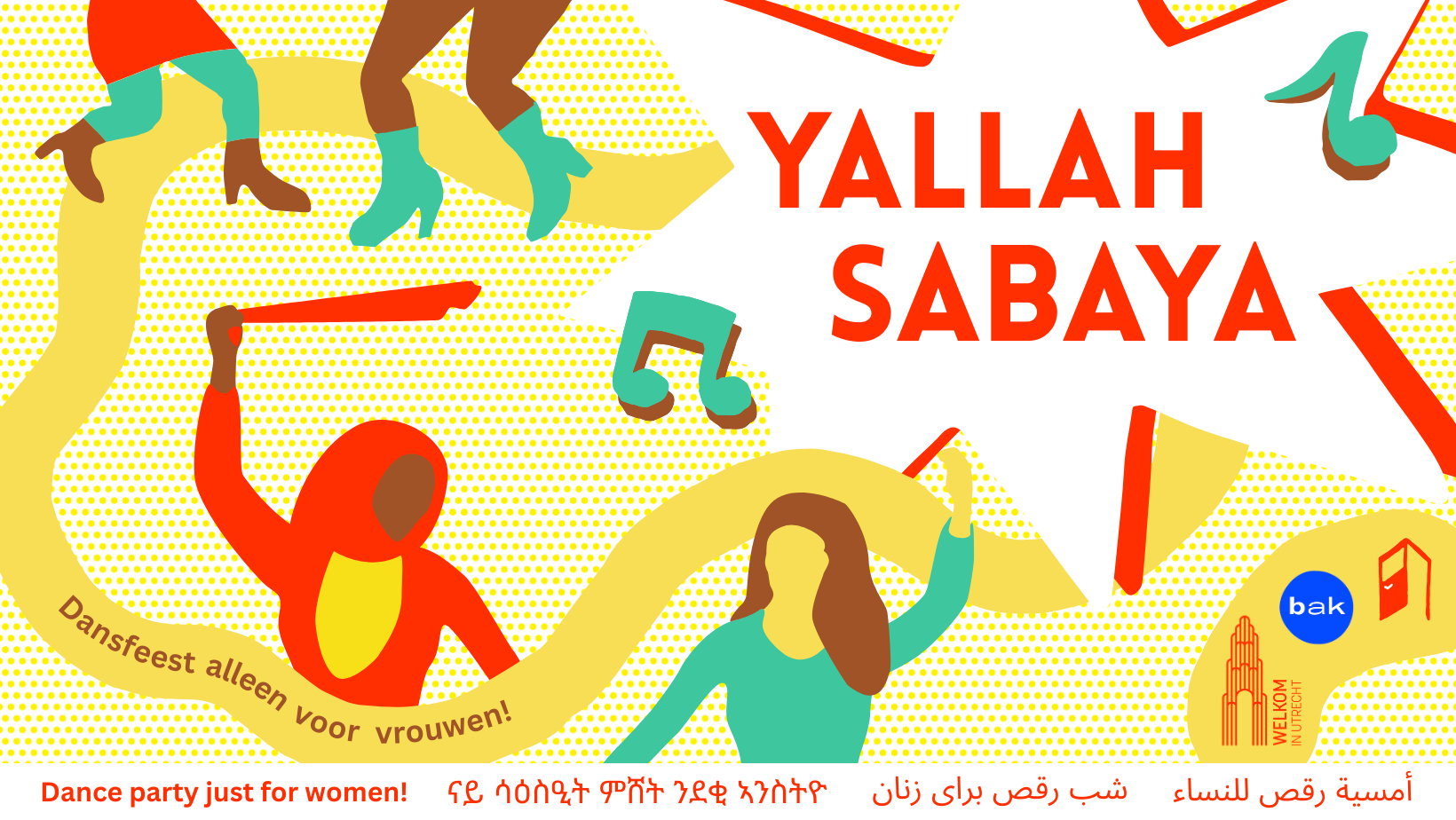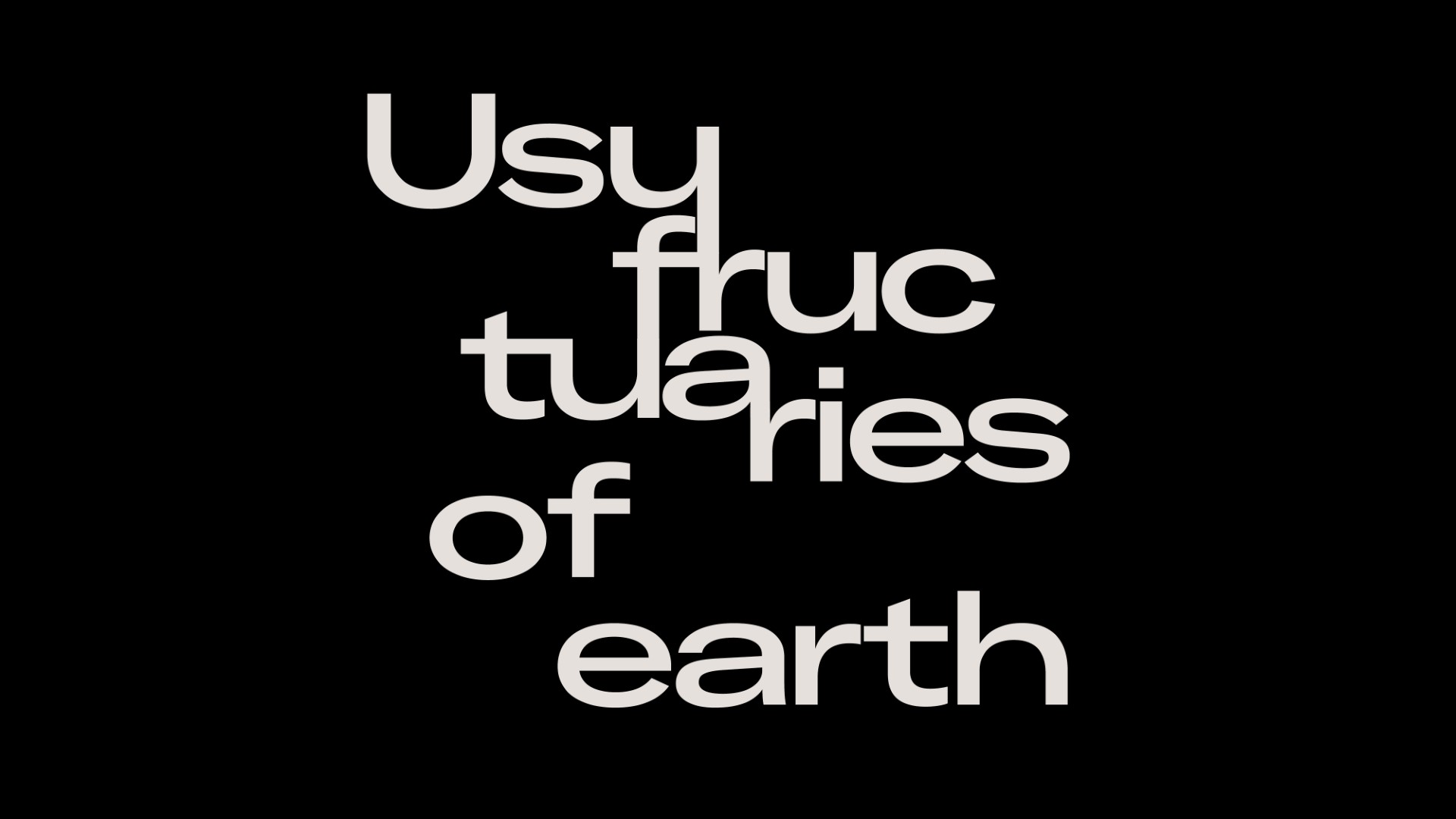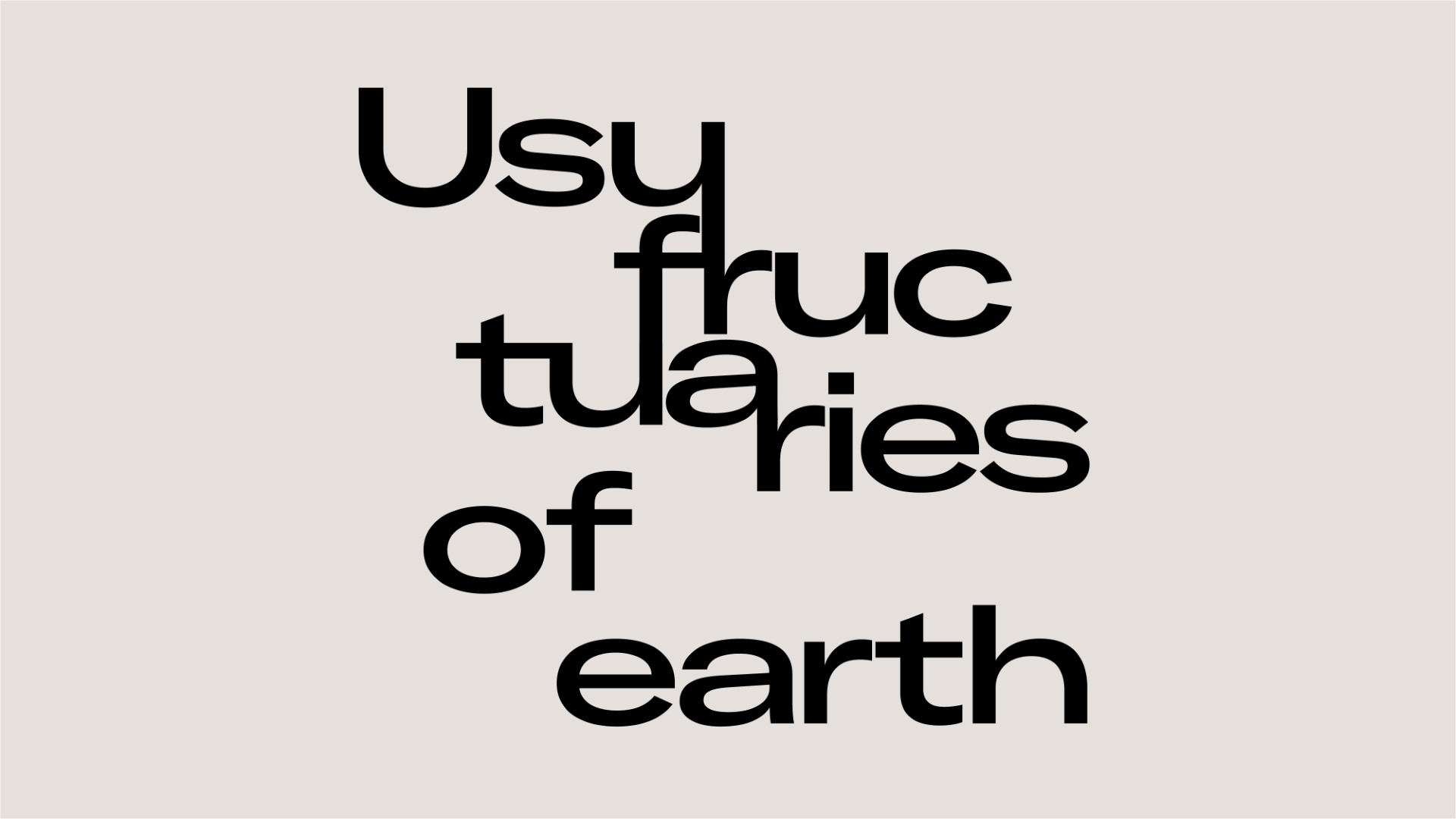Cardboard Walls
a video installation by Aernout Mik

Aernout Mik, Cardboard Walls, 2013, installation view. Photo: Gert Jan van Rooij
In the course of 2014–2016, BAK’s program unfolds through a new series of projects under the title of Future Vocabularies. The series explores, through various artistic, intellectual, and activist itineraries, the conceptual lexicon through which we might imagine a way of acting out concrete propositions and possibilities from within what is largely considered the crisis-ridden, ruinous folds of today. The opening vocabulary entry on survival is developed in the course of 2014 with a number of artists and theorists from BAK’s key past and ongoing projects, thus drawing a line of continuity into these times of interregnum and into the unknown of what we used to call the “future.” This multifaceted series was inaugurated with the work Cardboard Walls (2013) by artist Aernout Mik, which weaves together the key lineages of thought that we have marked for ourselves as critically important for (rethinking) survival—namely, questions surrounding the endurability of the planet, the livelihoods of refugees, and the need to reorient our thinking around (institutional) infrastructure.
The video and spatial installation Cardboard Walls confronts us with the immediate aftermath of the 2011 Fukushima nuclear disaster in Japan. Unfolding before us are various situations—both real and imagined—brought on by the catastrophe as they are enacted by the evacuees from the region, now destined to a “life” in the makeshift, fragile cardboard compartments. At first, the collective improvisations replay the concrete recollections of the traumatic events, to the extent that even the provisory habitat itself—all that the people here have left—becomes destroyed in an outburst of despair. Yet, gradually, the improvised (unscripted) actions take a more speculative and propositional—even if at times illogical—course, prompted by a number of politically charged moments when Tokyo Electric Power Company (TEPCO) staff, who are responsible for the accident, enter the camp to issue a public apology. A new composition of solidarities, relations, and possibilities begins to surface from within the debris of the calamity, driven by the force to survive in the face of tragic circumstances of an inhuman scale—until a new cycle of accusations, anger, and hopelessness restarts the vicious circle, time and time again.
The spatial installation of the work incorporates the viewer into its own structure of cardboard walls so that it quickly becomes manifest that the disaster in question is not of marginal concern by virtue of having occurred far away, but rather that we are in this together. Although claimed to be an act of nature, this event of huge global consequence might better be understood as a result of our enduring hazardous, obscene, and abusive genealogy of relations to both the environment and to each other. The installation addresses how what we thought we controlled (nature), or created and thought to control (capitalist doctrines), has in fact taken charge of our lives in an authoritative swoop, announcing loudly that the era fully engineered by the actions of humans—the regime of the Anthropocene—has reached a level in which the possibility of survival itself is placed under alarming threat.
Aernout Mik (1962) is an artist based in Amsterdam.
The work Cardboard Walls has been produced by Aichi Triennale, Aichi and Aernout Mik, with additional support by the Mondriaan Foundation, Amsterdam and the Netherlands Film Fund, Amsterdam.



